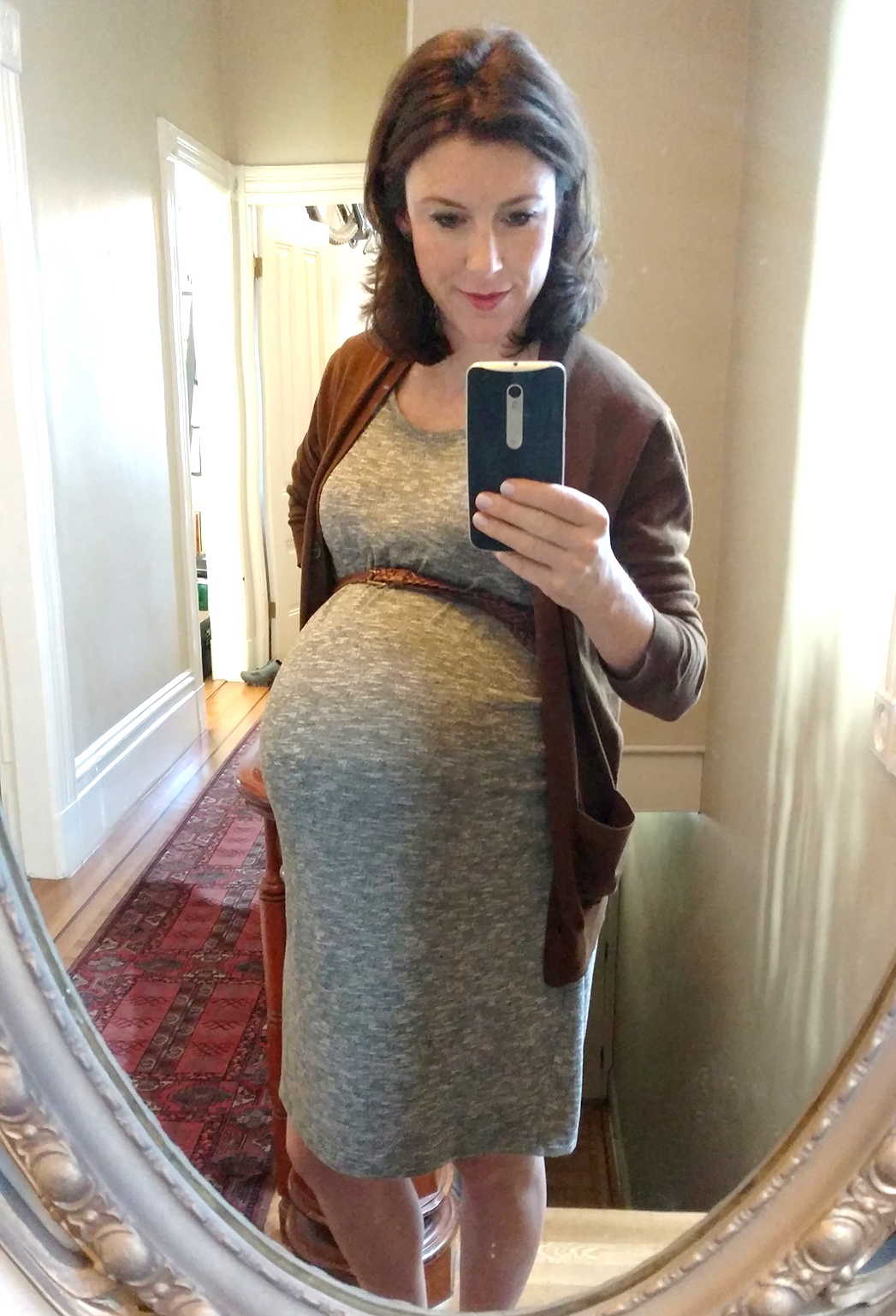Dreams have long been a source of intrigue and deep inquiry, offering a window into the subconscious mind and revealing layers of meaning that often elude our waking thoughts. Among the myriad of scenarios that can unfold in the dream realm, the experience of being lost in a hospital carries profound significance, prompting exploration into its myriad interpretations. This article delves into the multifaceted meanings that accompany this unusual dream, fused with spiritual, psychological, and symbolic contexts.
The sensation of being lost is universally unsettling; it often evokes feelings of anxiety, confusion, and vulnerability. When this sentiment is nestled within the sterile, fluorescent-lit halls of a hospital, the implications grow even more complex. Hospitals, typically associated with healing, care, and recovery, symbolize both physical and emotional states of being. In dreams, these sacred spaces may take on an array of meanings, initiated by the individual’s personal experiences, emotions, or cultural background.
At its core, being lost in a hospital in dreams often signifies a period of introspection. This scenario might reflect the dreamer’s confusion or uncertainty in navigating their life’s challenges. The hospital setting could symbolize personal or familial health struggles, either current or past, serving as a reminder of the fragility of human existence. The feelings of disorientation often depict a desire to seek healing or resolution in such a labyrinthine environment.
From a symbolic standpoint, hospitals represent the nexus of life and death, hope and despair. They are places imbued with a duality of emotion, illustrating the complexity of human experience. In dreams, a hospital can symbolize a place where something is broken or hurting—be it one’s physical health or emotional well-being. When one finds themselves lost within these walls, it could mirror a struggle with personal identity or a desperate search for answers. Such dreams may act as the psyche’s plea for clarity amid chaos, echoing the desire to find purpose and restore one’s sense of direction.
Additionally, in various spiritual traditions, being lost in a hospital may be interpreted through a religious lens. In the Christian tradition, for instance, hospitals could signify a place of divine intervention or a crucible for spiritual awakening. The feeling of being lost might suggest an unsought juncture in life, where God’s guidance is paramount. It may represent a challenge one must surmount to attain spiritual growth. The Bible often speaks to the notion of finding one’s way, as illustrated in the metaphor of the lost sheep, emphasizing that even in moments of disorientation, divine presence is ever near.
Conversely, the Islamic context might view dreams of being lost in a hospital as a reflection of one’s spiritual journey. In Islam, dreams are considered a medium for divine messages, sometimes revealing the current state of a person’s soul. To be lost in a hospital could symbolize a disconnection from faith or communal support, prompting the dreamer to seek solace in prayer and reflection. This dream could serve as a powerful reminder to reconnect with one’s beliefs and the community, fostering a sense of belonging that might have been overlooked. Through such a spiritual lens, the dream becomes a call to action; to search for healing in both a physical and spiritual sense.
Moreover, the psychological meaning of being lost in a hospital can shed light on an individual’s subconscious anxiety regarding health and well-being. Such dreams may arise during particularly stressful periods, particularly when contemplating significant life decisions or dealing with trauma. The hospital, as a setting of care and cure, juxtaposes the dreamer’s fears of vulnerability, failure, or even mortality. It is a manifestation of the mind grappling with the demands of reality, revealing apprehensions about health, relationships, or life’s unpredictability.
Moreover, psychiatric theories suggest that recurring dreams of being lost—in any context—may be indicative of an unresolved issue or emotional conflict within the dreamer. Psychologists assert that these dreams can function as profound metaphors for personal struggles. The labyrinthine corridors of a hospital reflect the intricate pathways of one’s psyche, often revealing fears of inadequacy, feelings of isolation, or faltering confidence. Analyzing these dreams can thus serve as a valuable introspective tool, uncovering layers of one’s emotional state and fostering personal growth.
It is also essential to consider the significance of navigating healthcare systems in the modern age. Many individuals experience anxiety surrounding medical interventions and the uncertainties that accompany diagnoses. Hence, dreaming of being lost in a hospital may also signify an overwhelming encounter with the complexities of healthcare itself. This may create an additional layer of apprehension, as the dreamer’s subconscious battles their known fears with the urge to seek help.
In conclusion, the dream of being lost in a hospital encapsulates a rich tapestry of meanings, intertwining symbolism, spirituality, and psychology. This intricate web reveals insights into the dreamer’s internal conflicts and aspirations. From conveying feelings of vulnerability to highlighting a critical quest for healing, each interpretation illuminates the dreams’ potential as a reflective practice towards understanding one’s self. In navigating the corridors of our consciousness, may we each find clarity amidst the disarray, ultimately transforming confusion into empowerment.













